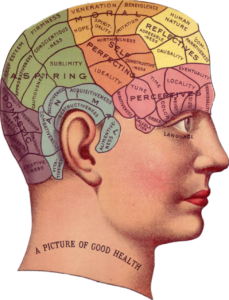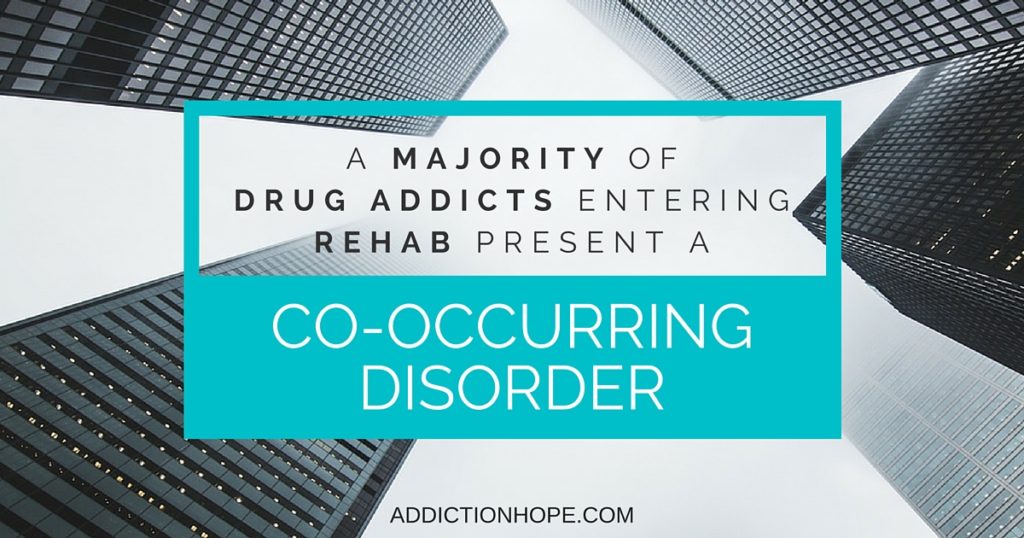What is Mental Health? How is it determined if one’s mental health is healthy? Learn all about it with our free Mental Health Resources.
 Mental health disorders, or mood disorders, are a disturbance in a person’s ability to cope effectively with daily events, major stressors, traumas, relationships, etc. A mood disorder affects a person’s physical being, emotional health, and social life.
Mental health disorders, or mood disorders, are a disturbance in a person’s ability to cope effectively with daily events, major stressors, traumas, relationships, etc. A mood disorder affects a person’s physical being, emotional health, and social life.
There are multiple types of disorders, and they all can be debilitating. The actual causes of mood disorders are not specifically known, but it is understood that both physiological and behavioral factors play key roles in developing a mood disorder. The pain caused by a mood disorder can be addressed, and medications and behavioral treatment can help you manage the disorder.
Fighting a mood disorder can be dreadfully difficult. Often, a person dealing with a mood disorder is struggling with co-occurring issues as well.
Sadly, mental health disorders frequently co-exist with other mood disorders, eating disorders, substance abuse, and alcoholism. This is often due to the person suffering trying to self-medicate and trying to escape their pain by any means possible.
Working to help someone with co-occurring issues in addition to addressing a mood disorder is quite difficult. In order to treat one disorder, the other disorders must be addressed as well.
It is important that the primary issue be defined as well as the secondary issues. Then all of the issues have to addressed for true healing.
Unfortunately, one co-occurring issue feeds on the other co-occurring issues. This often builds into a vicious cycle that can eventually destroy your life.
Your mental health is critical in recovery. It is where a lot of focus is concentrated because if your mental and emotional health is not healthy, how can you be healthy?
You can take your life back and find complete recovery by seeking professional help from a mood disorder treatment center. They will be able to teach you how to manage the mood disorder and live life again.
Below are the latest articles on mental health resources and issues and process addictions, many of which often tie into substance abuse. In the “Mental Health Navigation” menu, click on the drop-down arrow to find evergreen, general information, as well as process addictions such as food addiction and sexual addiction.
Featured Addiction Expert Article
Dual Diagnosis: Barriers and Gateways to Effective Addiction Care
Nearly one out of two American adults who struggle with addiction also struggle with a secondary co-occurring disorder. McLean Hospital’s Dr. Kathryn McHugh examines the challenges of treating those with a dual diagnosis and, more importantly, the benefits to a customized integrated approach addressing each of these conditions simultaneously.









